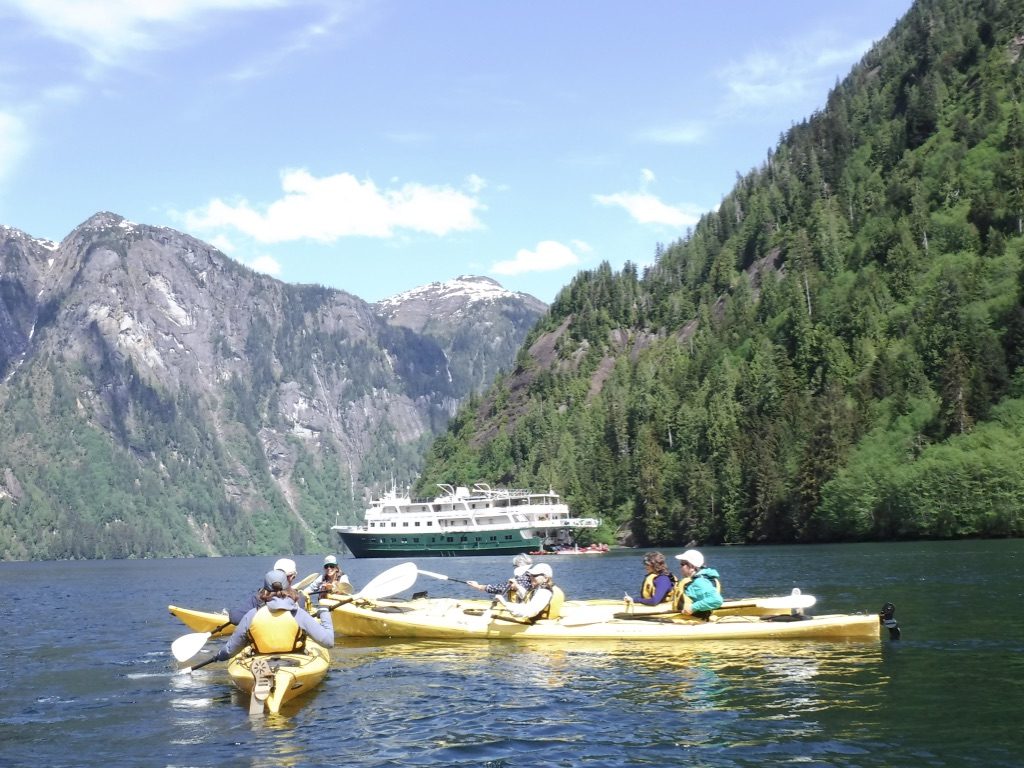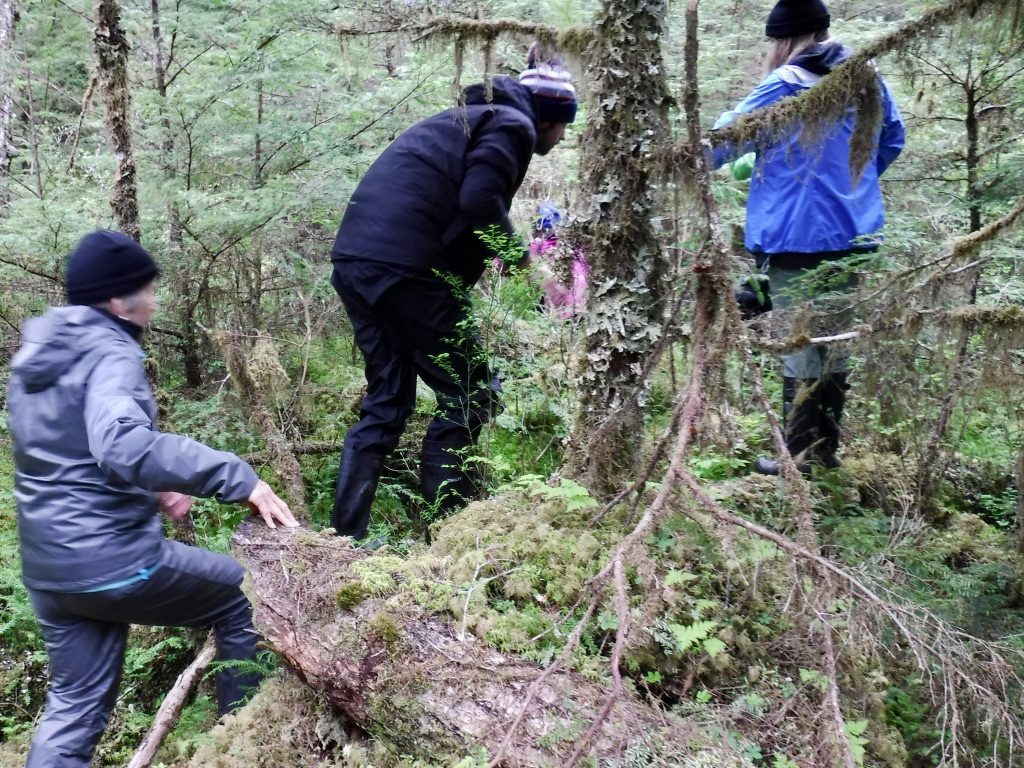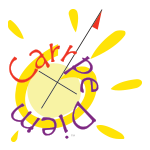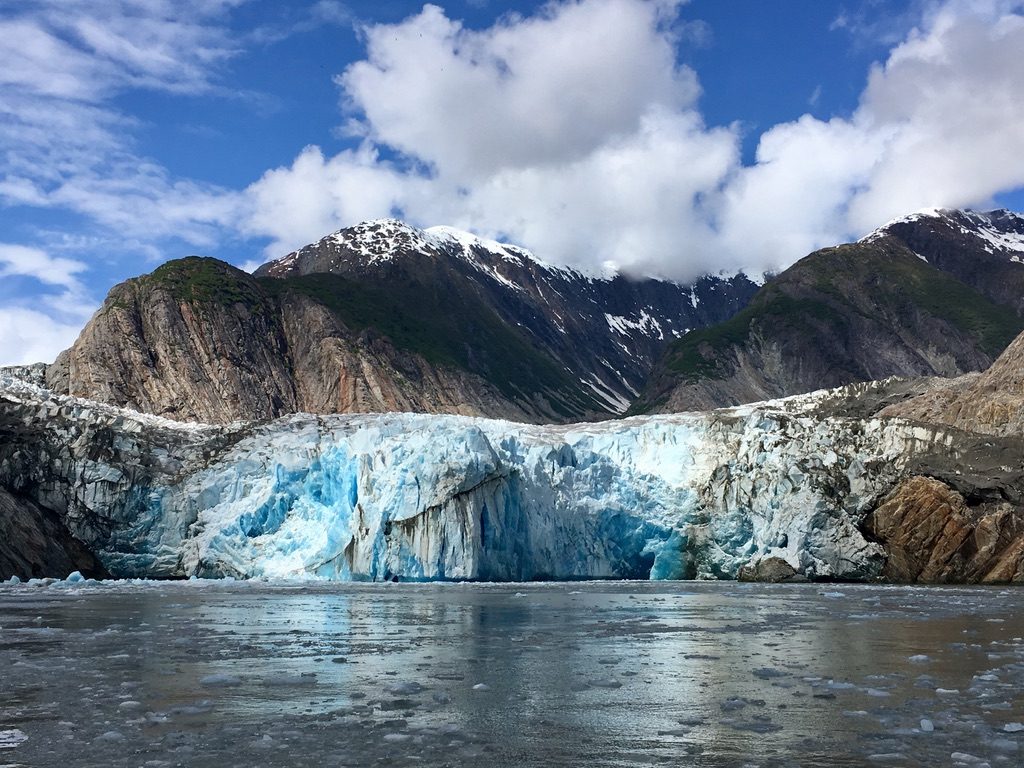Climate Choice, Really?
I am part of a small group with different points of view, different beliefs, and different opinions. We call the group Building Bridges as we meet to discuss different topics led by two people in the group with different perspectives, learn of each other’s point of view, and seek to find common ground.
An upcoming discussion will be on climate choice. We have been asked to share our opinion on climate choice.
Here is my response:
I believe climate change is science, not a choice. Is gravity a choice? Is blinking a choice? Busy is a choice. Putting on sunscreen is a choice.
“Death will arrive, and you have no choice in making yourself available for that.” – Seneca
Science is a process of learning and discovery. Science, like the world we live in, is not simple and requires discipline and effort. Science is a collection of facts of which we need to decipher, understand, and adapt to help us make predictions. Science like life represents reality.
“Scientific theories are not perfect replicas of reality, but we have good reason to believe that they capture significant elements of it. And experience reminds us that when we ignore reality, it sooner or later comes back to bite us.” – Naomi Oreskes
Science like us needs to be open to new information and possibilities. Observation, critical thinking, curiosity, and imagination are essential components of science as well as a life well-lived. Science recognizes it can be flawed and with additional observation, critical thinking, curiosity, and imagination, it will update and correct itself. The science behind our continuously learning of COVID, its characteristics, the way it is transmitted, its ongoing evolution is evidence.

In May 2019, my wife and I took an intimate Alaskan cruise. Onboard was Karen Dillman, a US Forest Service ecologist who lives in Petersburg, AK. She is a subject matter expert on lichen (of which one is named after her!), fungi, glaciers, and forest ecology. Dillman lead us on exploration hikes and gave talks on subjects of her expertise. It turns out that lichen are climate change indicators! Lichen are a keystone species in many ecosystems; serve as a food source for rodents, birds, and many other animals; provide nesting material for birds; protect trees from extreme weather elements. Dillman pointed out the lichen were suffering from climate change and thus rodents were not as big and plentiful which in turn impacts bald eagles that feed on rodents.

When we arrived at Sawyer glacier, Dillman pointed out that a year ago, this glacier extended out to where our boat was. The glaciers were “calving” at incredible rates due to the warmth of climate change.
Dillman pointed out the deterioration of lichen and the rapid glacier melt were primarily anthropogenic – industrial revolution, carbon dioxide, and other greenhouse gas emissions that have raised temperatures, even higher in the poles, and as a result, glaciers are rapidly melting, calving off into the sea and retreating on land. At the current rate, more than a third of the world’s glaciers will melt before the year 2100. The glacier melts we are witnessing today are changing the circulation of the Atlantic Ocean and have been linked to the collapse of fisheries and the creation of more destructive storms and hurricanes around the planet.
Human beings have changed the environment in myriad ways with industry, transportation, agriculture, and land cover leading to vast increases in CO2, methane, chlorofluorocarbons, and N2O. The World Data Center for Meteorology is in Asheville, NC, and tracks these gases and their impact on the earth’s environment. It requires critical thinking to unlearn unfounded, weak, or misinformed thinking nurtured over time.
Between stimulus and response, there is a space. In that space lies our power to choose. And in our choice lies our growth and our freedom. – Victor Frankl
Here is a fact: Ignore the environment and it will go away. I can make choices in how my wife and I wish to impact the environment. Did you know the average American home is over 2,300 square feet? If all 7.9 billion of earth’s current inhabitants lived in a 2,300 square foot home, Earth would need to be four times its current size. We choose to make our carbon footprint smaller by living in half that size home. Consequently, we consume less energy. We are looking to downsize to one car and choose a hybrid. Livestock contributes almost 15% of the global greenhouse gases. We choose to consume less meat.
What will you choose to do to impact the environment and assume your role as a collaborator in creation?





